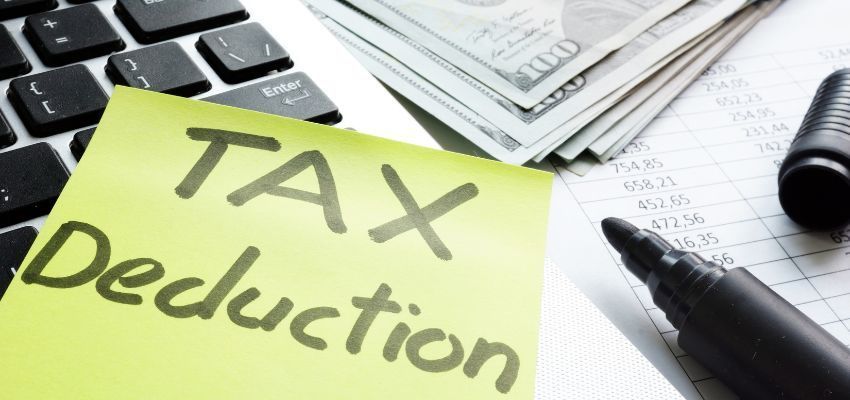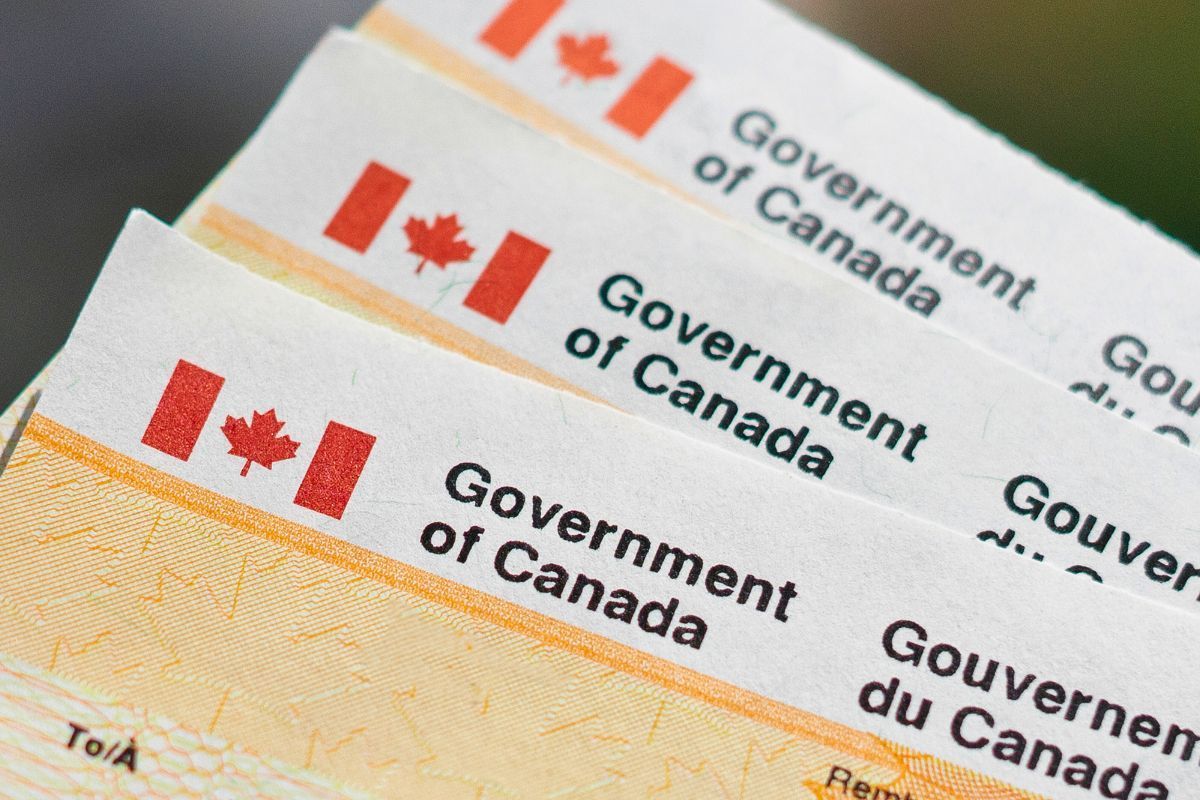Can You Claim Therapy On Taxes In Canada? Key Insights To Consider
Are you facing stress, depression, or anxiety? You're not alone; prioritizing your mental health is essential for overall well-being. Psychotherapy can be a powerful resource in addressing these issues. Here's some encouraging news for Canadians: psychotherapy costs may be tax-deductible under specific conditions. This offers both financial relief and enhanced access to the care you deserve.
In this article, we'll address a frequent inquiry: Can you claim therapy on taxes Canada? We'll examine the essence of psychotherapy, outline the eligibility criteria, guide you through the tax deduction process, and highlight key considerations to remember.
What Are Psychotherapy Services In Canada?
Psychotherapy, or talk therapy or counseling, involves working with a licensed professional to enhance mental health and emotional well-being. Services include individual counseling and rehabilitative therapy. They also cover treatments for conditions like PTSD, anxiety, and depression. These services are vital for those facing mental health challenges and help improve daily functioning.
Qualified professionals provide these services, including registered psychotherapists, psychologists, psychiatrists, and social workers. They often use evidence-based practices to help individuals address and manage their symptoms.

Can You Claim Therapy On Taxes Canada?
If you're wondering, "can you claim mental health therapy on taxes Canada?" — the answer is yes. Canadian residents can claim the cost of sessions with a certified psychotherapist on their tax return, provided the therapist has a permit to practice. Therapy fees may qualify as a medical expense under certain conditions, potentially reducing your tax liability. However, not every session can be automatically deducted.
Therapy must be prescribed and administered by a licensed psychologist, doctor, or nurse, depending on the nature of the mental or physical impairment.
Personalized and rehabilitative therapy are eligible expenses for those qualifying for the disability tax credit. To qualify for the disability tax credit, your mental functions must be severely impacted. This means you cannot perform daily tasks or do them three times slower than the average person your age. This condition must persist 90% of the time or a period longer than 12 months and not improve with psychiatric medication.
Eligibility Requirements
Psychotherapy expenses aren't automatically deductible. To qualify for tax deductions, specific criteria must be fulfilled:
- Diagnosed mental health conditions. Therapy must be linked to a diagnosed condition. These can include anxiety, depression, or post-traumatic stress disorder (PTSD). Counseling for personal development or general well-being does not qualify.
- Prescription requirement. A qualified medical professional must prescribe therapy.
- Documented proof. Keep detailed records such as receipts or certificates. Clearly outline the expense and its purpose.
These criteria ensure deductions are limited to essential medical needs. This is in line with Canada Revenue Agency (CRA) guidelines.
Understanding The Deduction Process
To successfully claim psychotherapy services, it's essential to grasp the intricacies of the deduction process:
- Federal and provincial differences. You can claim qualifying medical expenses on your federal tax return, although eligibility rules and additional credits vary by province.
- The 3% rule. Deductions for medical expenses are allowed only if they exceed the lesser of 3% of your net income or $2,479.
- Additional credits. Some provinces may provide extra tax credits for mental health services. Exploring these options could offer more significant savings than standard medical expense deductions.
You can maximize your tax benefits by adhering to federal and provincial guidelines.
Claiming Your Deductions
Once you decide to file a claim on medical expenses, keep all supporting documents for at least 6 years in case the CRA requests them. For different costs, you may need other documents, so be prepared.
Here are some of the documents to keep on hand:
- Receipts. Receipts must display your name or the name of the person whose expenses you covered. This includes your children, partner, or dependents.
- Prescriptions. Certain medical expenses, such as laboratory procedures, medications, and medical supplies, require a prescription from a therapist. It's important to note that approved medical professionals authorized to provide prescriptions vary by province.
- Certification from a medical practitioner. A certificate is needed for certain medical expenses. It must be from an authorized medical practitioner. This confirms the necessity of the expenditure.
If you plan to mail a paper tax return, attach all your receipts when filing. Organize and keep supporting documents accessible. This will ensure a smooth process when claiming medical expenses on your taxes.
Calculating Medical Expense Tax Deductions
To calculate your deductions, use the following formula:
Medical expenses - (3% of net income or $2,479, whichever is lower) = X
Then:
X (Provincial rate + Federal tax rate of 15%) = Medical expense tax credit
For example, if your net income amounts to $50,000 and you spent $5,000 on medical and psychotherapy expenses:
- Calculate 3% of your income ($50,000 x 3% = $1,500)
- Determine the deductible portion of your expenses ($5,000 - $1,500 = $3,500).
- Multiply by the combined tax rates to find your credit.
This formula ensures fairness while providing relief for those with significant medical expenses.

Frequently Asked Questions
How much medical expense can I claim on my taxes?
You can claim the portion of your expenses that surpasses 3% of your net income or $2,479, whichever amount is less.
Can I carry over medical expenses for taxes?
Yes, expenses incurred within 12 months before the end of the tax year can be carried over, provided they were not claimed in the previous year.
Am I eligible to claim medical expenses for my family?
You can claim expenses for your spouse, common-law partner, and dependents, provided they meet the requirements.
Do I need to submit receipts with my return?
Attach your receipts to your return for paper filing. For electronic filing, retain your receipts in case the CRA requests verification.
Can you claim massage therapy on your taxes in Canada?
Ontario Health Insurance Plan (OHIP) does not cover massage therapy, though it may be included in private insurance plans. Only services provided by registered healthcare professionals, such as registered massage therapists (RMTs), qualify for tax deductions. Be sure to keep tax claim receipts and consult an accountant for information on deductible expenses.
Take Charge Of Your Mental Health And Your Finances
Understanding tax deductions for psychotherapy can reduce your financial burden, encouraging investment in mental health. If you're wondering, "Can you claim therapy on taxes Canada?" The answer is simple—knowing the essential basics will ensure a smooth process. It's about time to focus on your mental health for your well-being and your loved ones.



